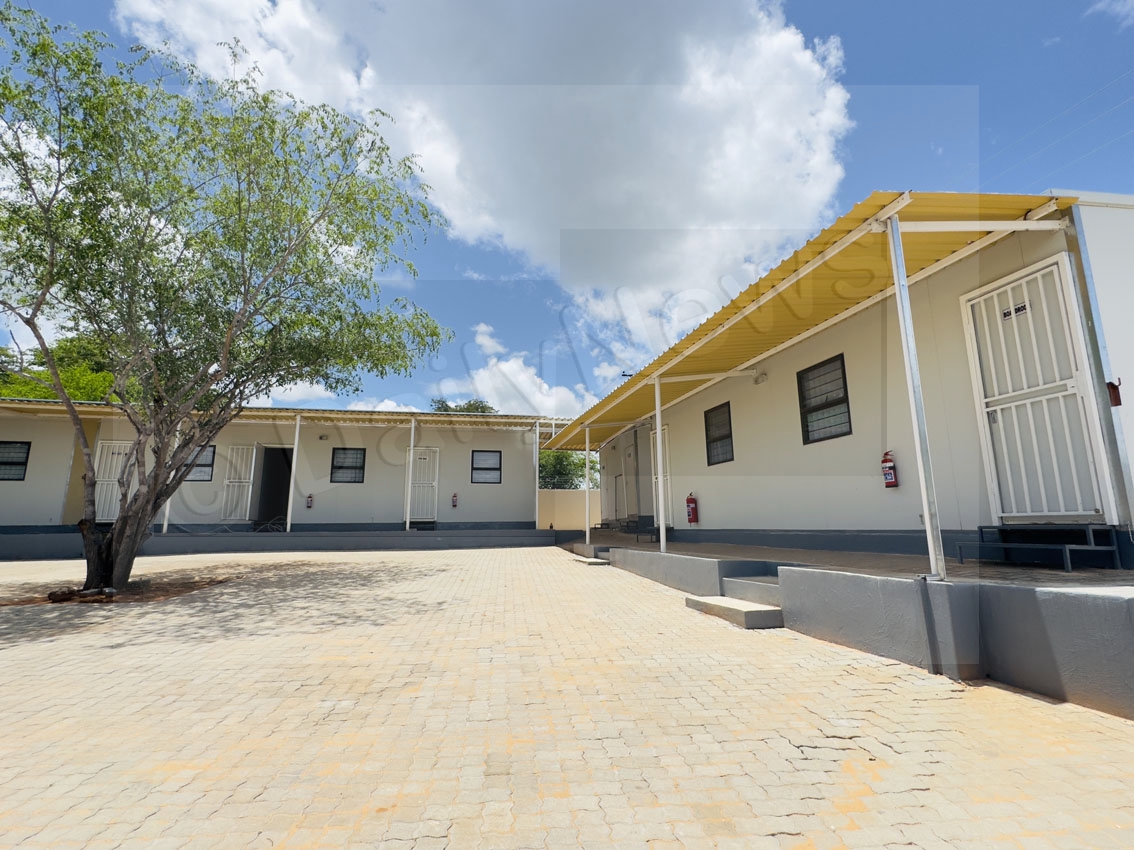Four-day week survey yields progressive results
24 Jan 2024
Working for only four days a week has been shown to improve productivity, mental health, work family balance and profits for companies and organisations that have adopted the system.
And 92 per cent of companies that formed part of the four-day work week global survey welcomed and validated the development as a catalyst to boosting productivity in the workplace and economic activity as employees would have more time to visit shopping malls and to buy goods and services.
The results of a survey conducted by Boston College with support from Stellenbosch University in South Africa, including on Botswana’s Precision Vehicle and Asset Tracking company, showed that it was not a bad idea to have a four day work week.
The Chief Executive Officer of Precision Vehicle and Asset Tracking company, Ms Kealeboga Kaelo, said the four-day week arrangement was one of the most significant organisational innovations of recent years, and that it brought benefits to employees and employers through improvements in well-being, productivity and work organisation.
Ms Kaelo said it was exciting to see the pilot survey which her company took part in and that it showed similar benefits to those that were observed elsewhere around the world.
She said the survey also had unique aspects that made them excited for its potential.
She noted that the survey was the first to be conducted outside the wealthy nations or developed countries. The results were impressive although the hours did not encompass the full eight hours per day. She said they saw improvements in virtually all measures of well-being such as low stress and burnout levels, less fatigue and anxiety, improved mental health and work family balance and less sleep problems.
Ms Kaelo said one of the strongest indicators was a significant improvement productivity without much increase in work intensity. She said they adopted the four-day schedule because they saw the improved results and the bottom line.
She said the South African pilot survey showed a 10.5 per cent average increase in revenue over the course of the trial period for 13 of the 21 organisations that took part in the survey.
Moreover, she said a 7.5 per cent increase in productivity was noted during the survey, and that 57 per cent of participants experienced a reduction in burnout and 36 per cent experienced a reduction in fatigue.
She said the survey further demonstrated that 35 per cent of participants increased their exercising time with 47 per cent experiencing an increase in work-life balance.
Ms Kaelo said the successful implementation of the four-day week did not happen without deliberate action. “It takes leadership and commitment to roll out new flexible working arrangements,” she said. “This commitment occurs at both organisational level and among individual employees and managers,” she said.. ENDS
Source : BOPA
Author : By Marvin Motlhabane
Location : GABORONE
Event : Interview
Date : 24 Jan 2024





